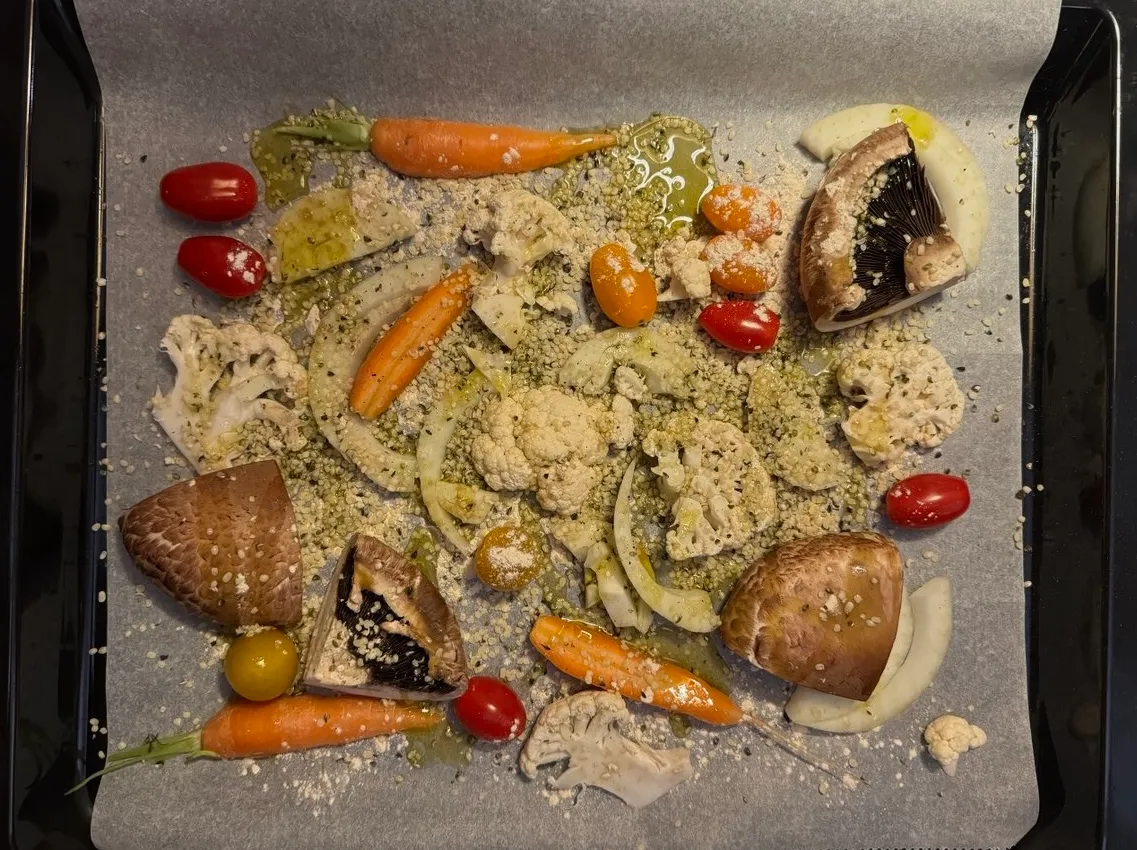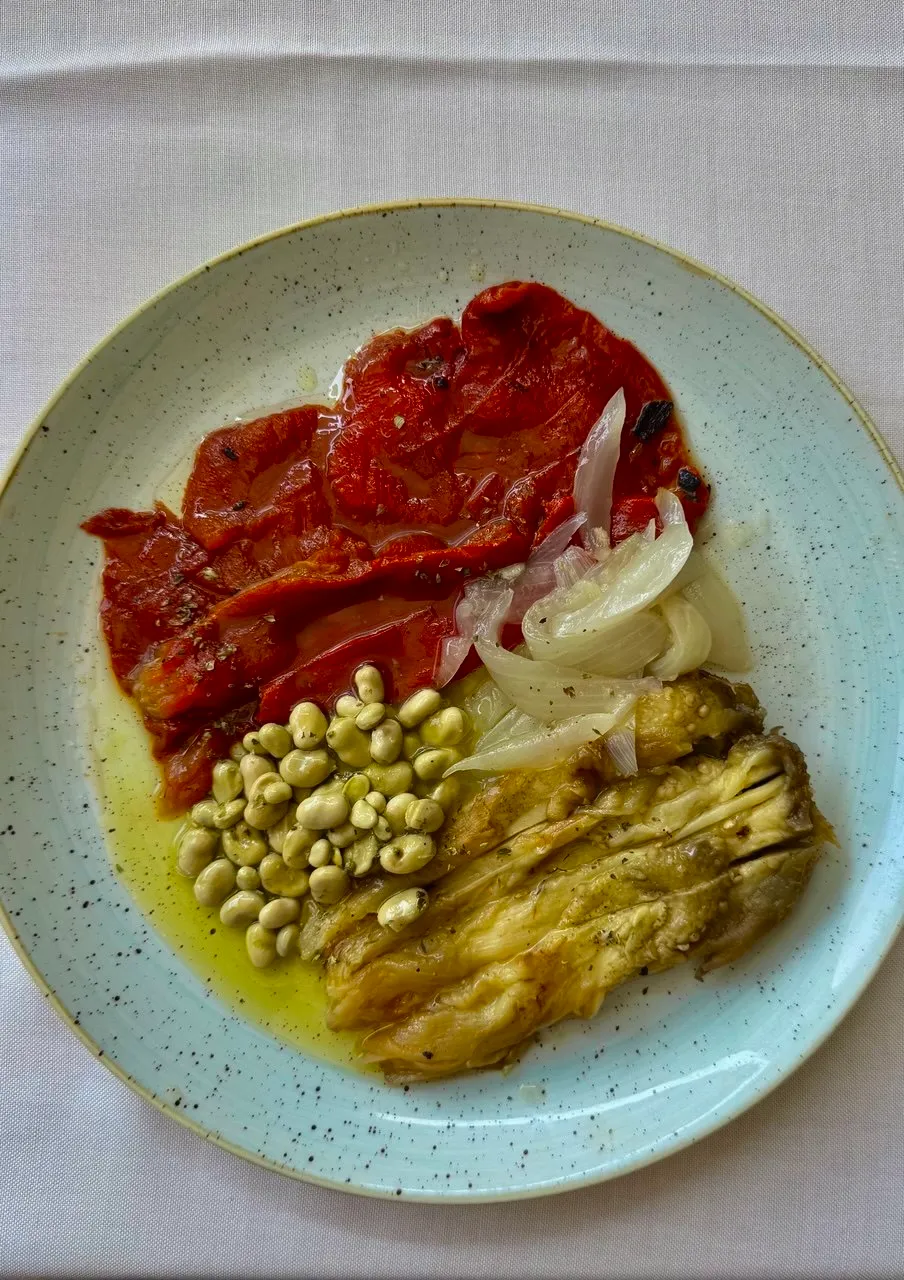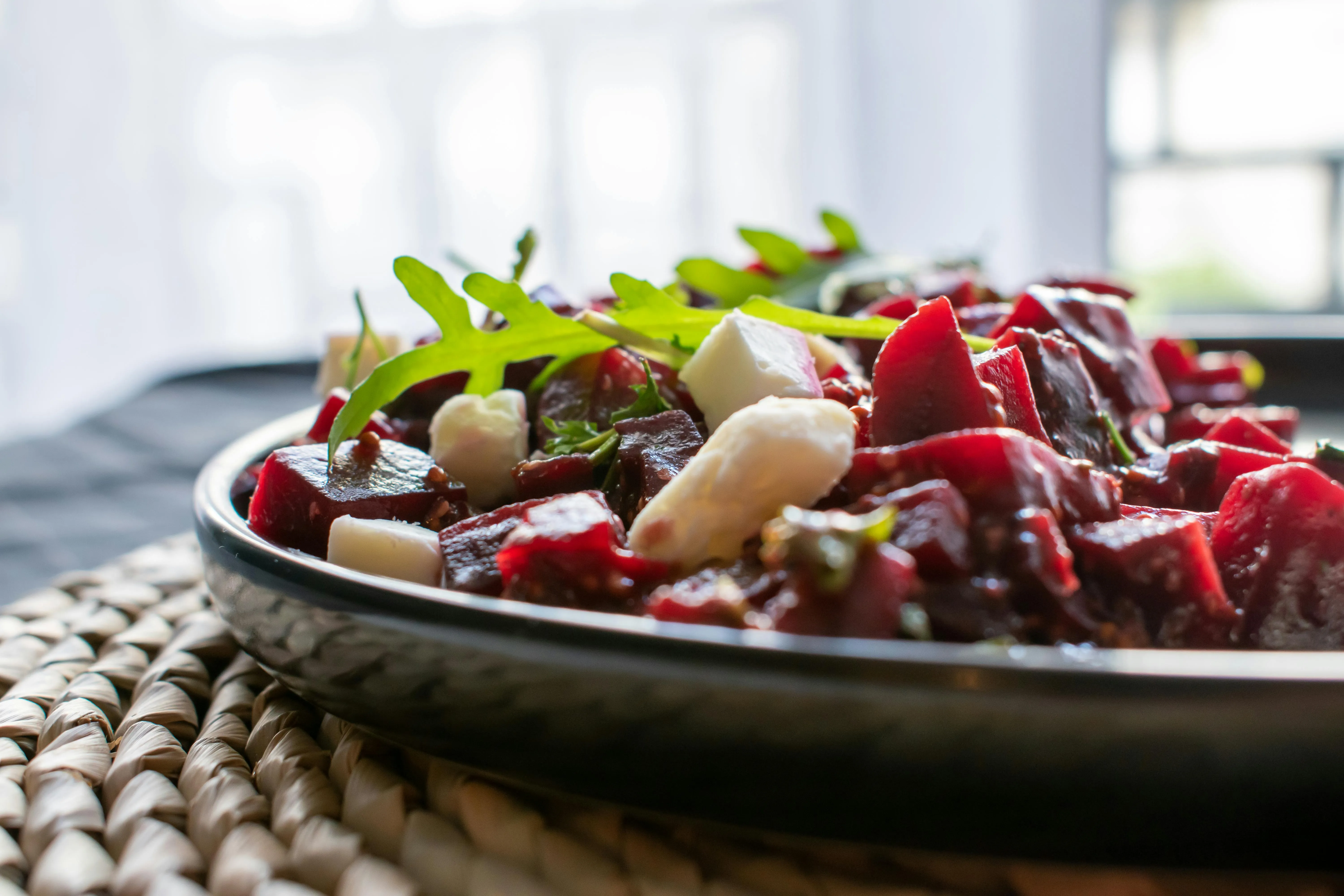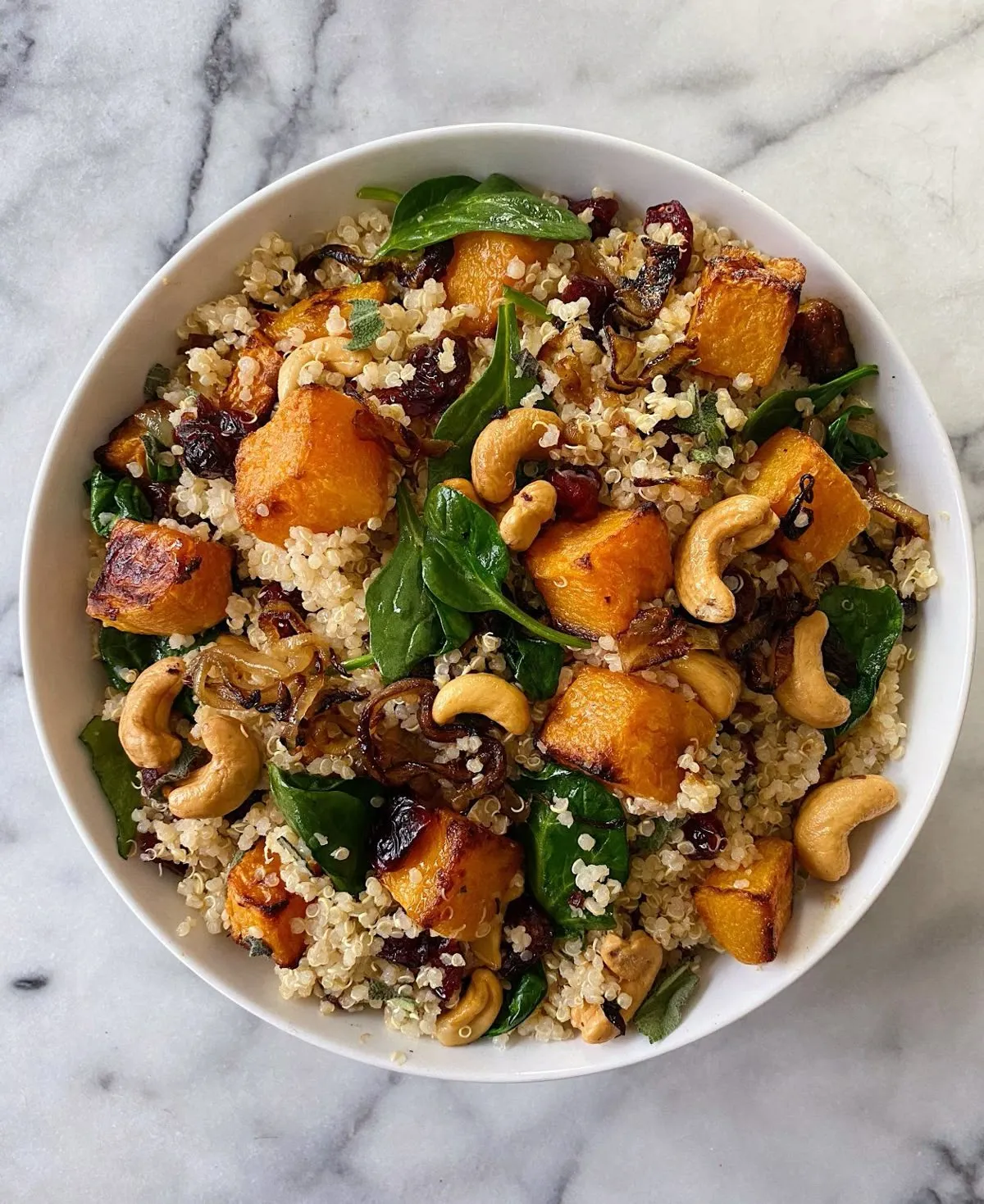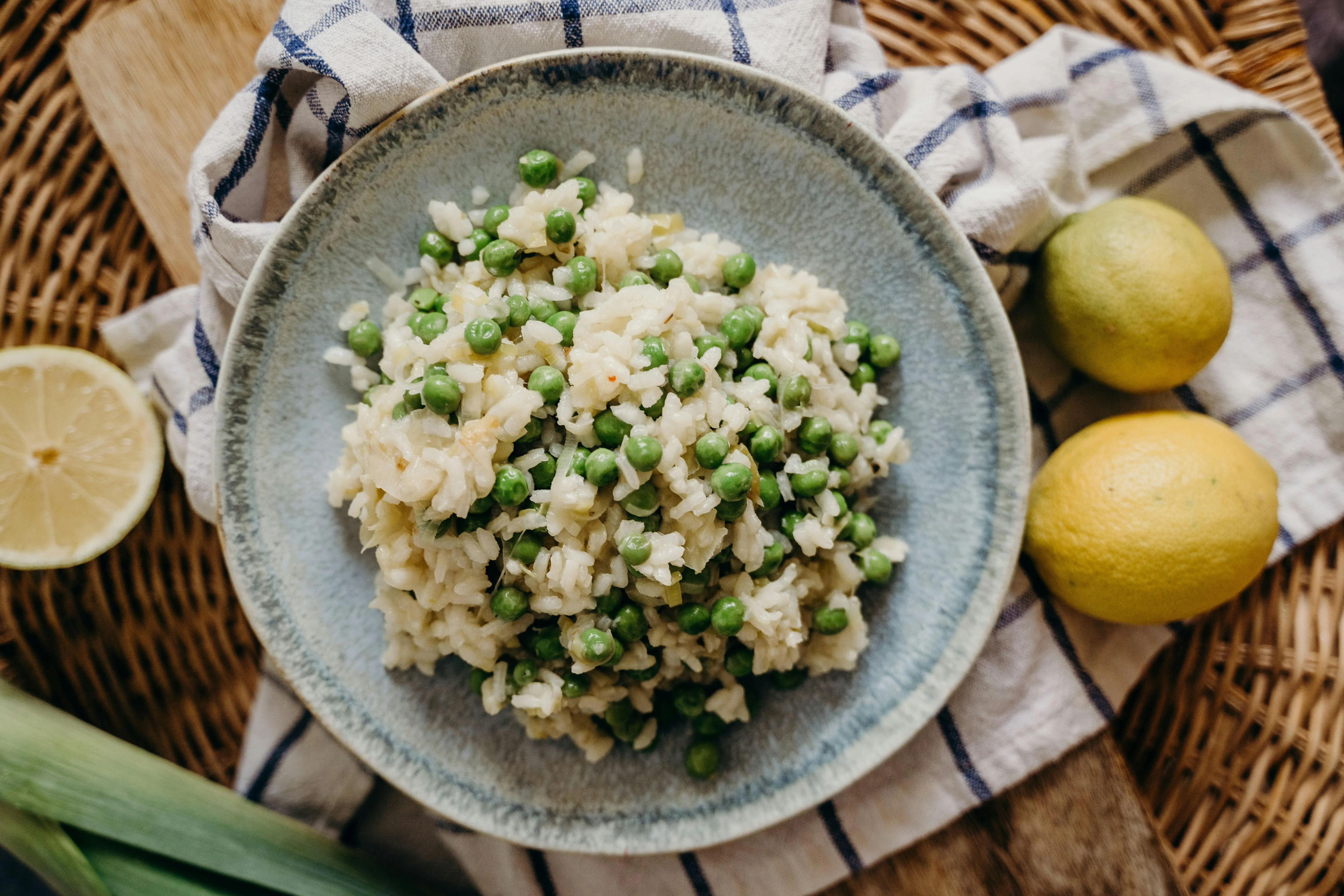
Kitchari, a mixture of rice and split mung beans (mung dal or green lentils), is considered one of the most important dishes in Ayurveda. Both basmati rice and mung beans have a positive impact on digestion and promote overall health. Together, especially when enhanced with spices, they create an excellent protein combination and a balanced, nourishing dish.
Ayurveda calls kitchari the "perfect" food, easily digested, providing strength and vitality, nourishing all tissues in the body, and cleansing and rejuvenating them. For this reason, kitchari is often used in mono-diets and detox programs such as Panchakarma.
This recipe, inspired by Dr. Robert Svoboda’s Prakriti, suits people of all constitutions and, in my opinion, is one of the most delicious. Below, you’ll also find a few alternative versions.
- 1/2 cup mung beans
- 1 cup basmati rice
- 4–5 cups water
- 2 tbsp. ghee (or butter)
- 1/2 tsp. ground cumin
- 1/2 tsp. ground coriander seeds
- 1/2 tsp. turmeric (optional: slightly less)
- 3 green cardamom pods
- 1 tsp. ground dry ginger
- 1/2 tsp. asafoetida (optional: slightly less)
- a pinch of salt
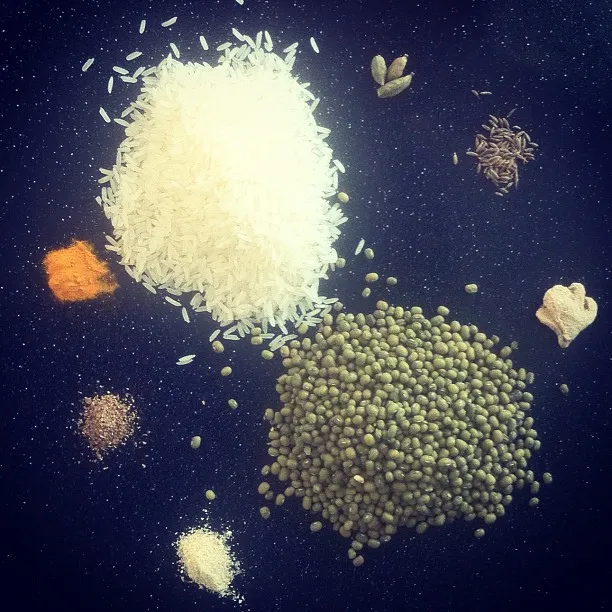
Soak the rice and mung beans for at least 1–2 hours. For a quicker method, soak them in boiling water for 10–15 minutes. Adjust the ratio of rice to mung beans based on individual health needs.
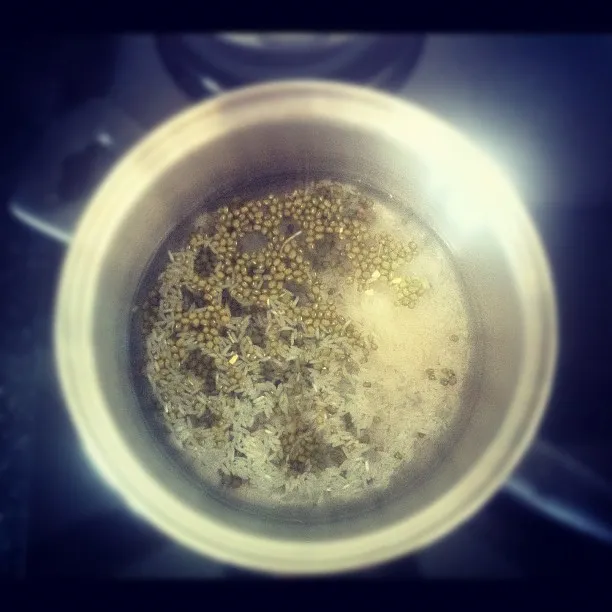
Heat the ghee on low heat in a large pot until it starts to foam.
Add turmeric, asafoetida, cumin, and coriander. Stir gently until the spices darken and release a strong aroma, being careful not to let them burn.
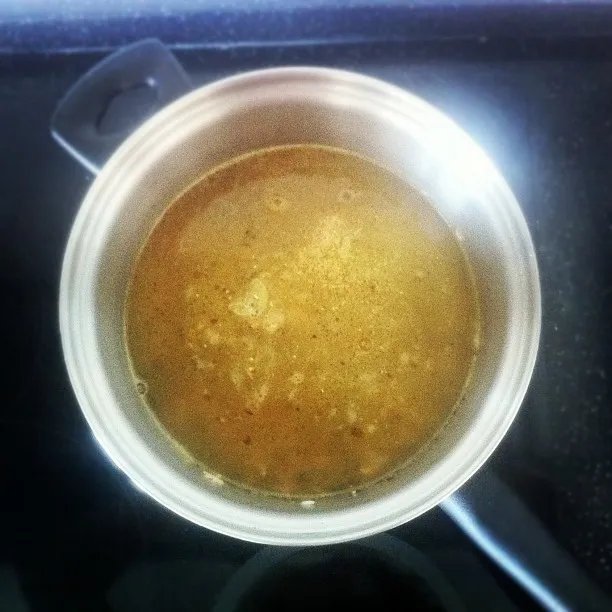
Add the soaked rice and mung beans, stirring them into the spices for a minute to coat them with flavor.
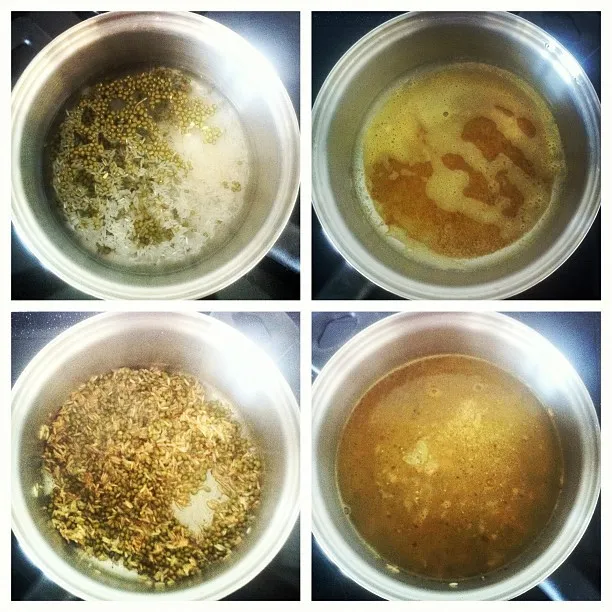
Pour in the water, then add the ginger, cardamom, and salt. Cook on low heat until the rice and mung beans are completely soft and reach a porridge-like consistency.
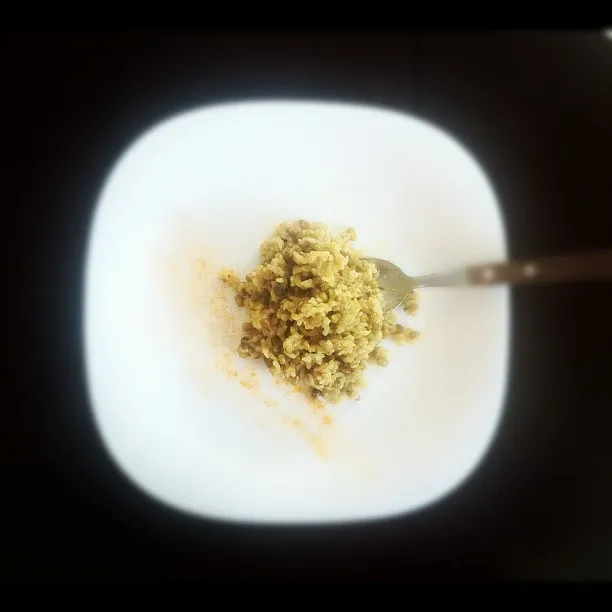
Alternative Kitchari Variations
1. Spiced Kitchari with Digestive Benefits
This version includes warming spices that stimulate digestion.
- 1 cup mung beans
- 1 cup basmati rice
- 3 tbsp. ghee
- 4 bay leaves
- 1 cinnamon stick
- 4 cloves
- 4 green cardamom pods
- 6 cups water
- a pinch of salt
Wash and soak the mung beans and rice for an hour. Heat the ghee in a pot and fry the bay leaves, cinnamon, cloves, and cardamom over medium heat until aromatic. Add the soaked rice, mung beans, and water. Season with salt, stir, and cook for a few minutes. Reduce the heat and simmer for 20–25 minutes until the mung beans are soft.
2. Coconut-Cilantro Kitchari for Metabolic Balance
- 1 cup mung beans
- 1 cup basmati rice
- 1 tbsp. freshly grated ginger root
- 2 tbsp. unsweetened shredded coconut
- a handful of fresh cilantro leaves
- 1/2 cup water (for blending)
- 3 tbsp. ghee
- 1 small cinnamon stick
- 4 green cardamom pods
- 5 cloves
- 10 black peppercorns
- 3 bay leaves
- 1/4 tsp. turmeric
- a pinch of salt
- 6 cups water
Wash and soak the mung beans and rice. In a blender, combine cilantro, ginger, coconut, and 1/2 cup water to form a thin paste. Heat the ghee in a pot and sauté the cinnamon, cloves, cardamom, black pepper, and bay leaves until fragrant. Add the cilantro-coconut paste, turmeric, and salt. Stir and cook until the mixture turns slightly brown. Add the soaked mung beans and rice and mix thoroughly. Pour in the water, bring to a boil, then reduce heat and simmer for 25–30 minutes until soft. This kitchari helps balance metabolic processes and supports overall wellness.
These kitchari recipes are not only delicious but also cleansing and healing, suitable for all body types and constitutions.

